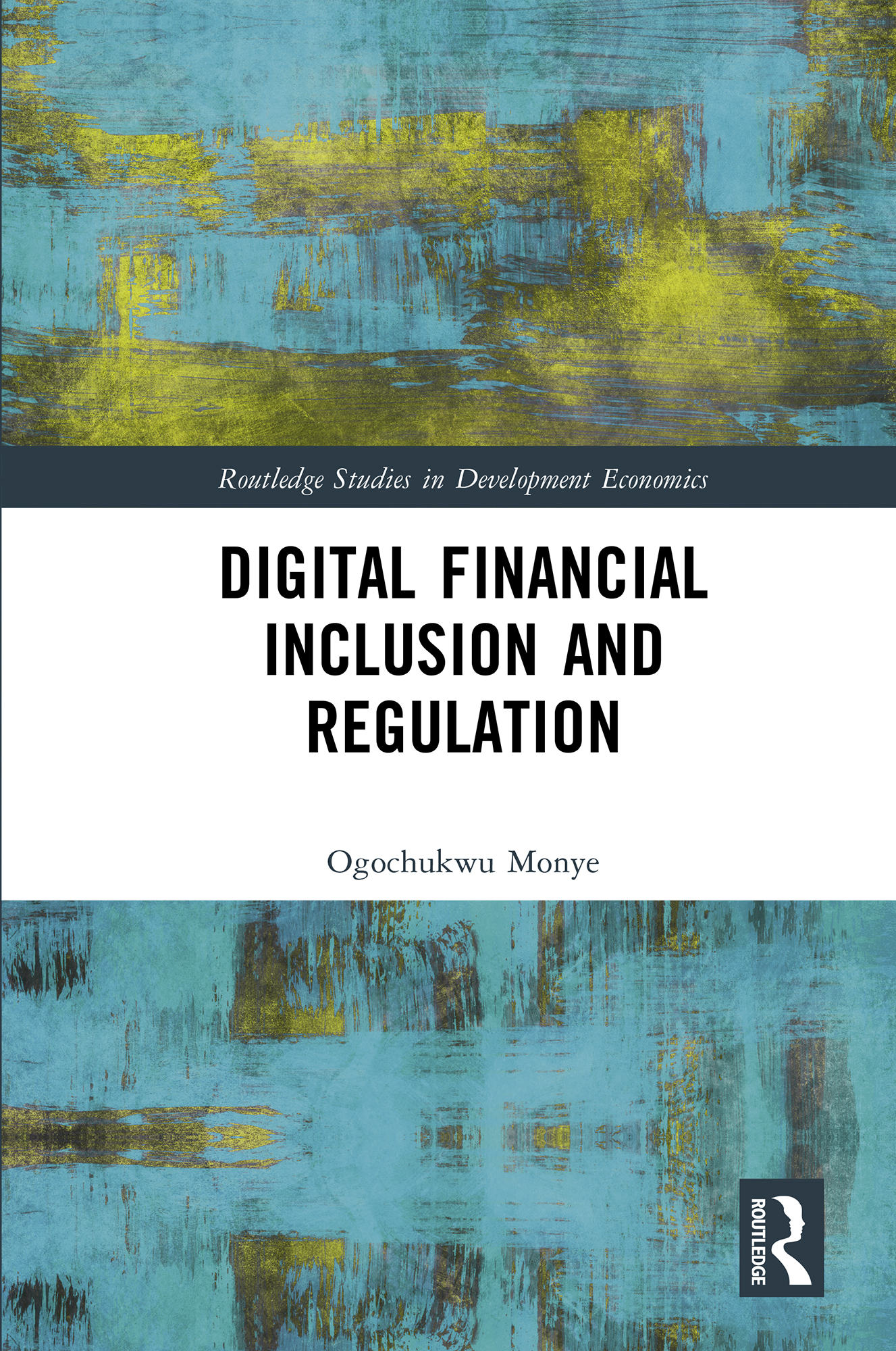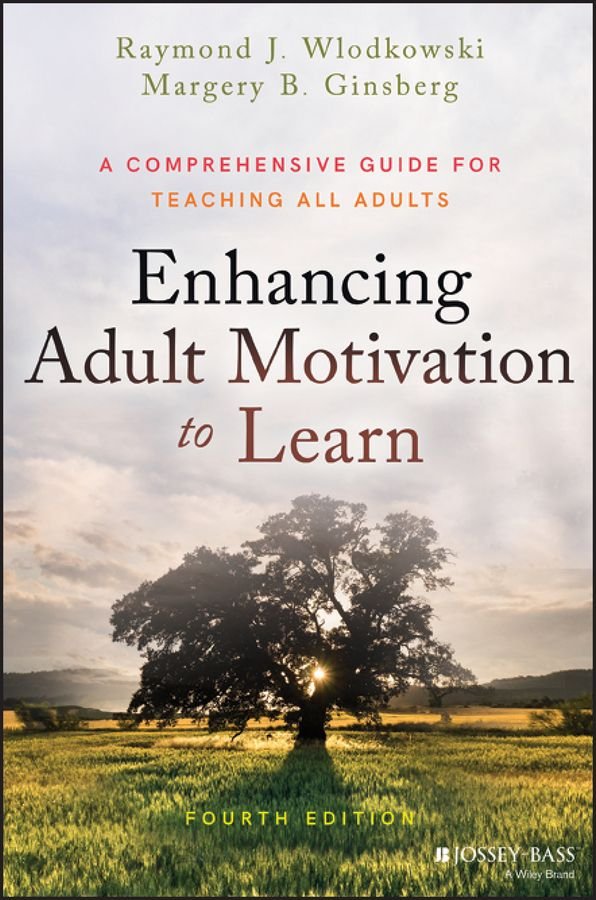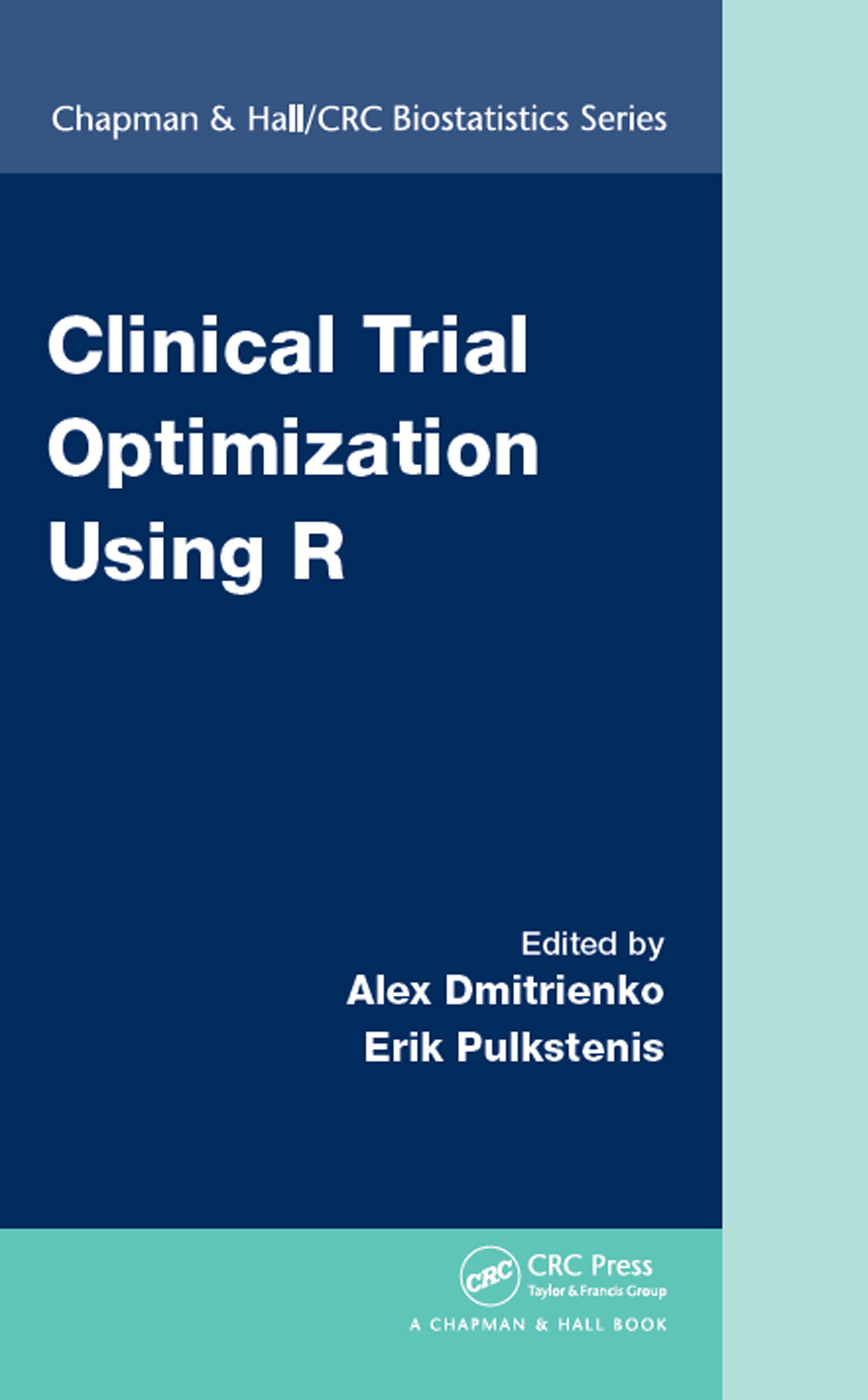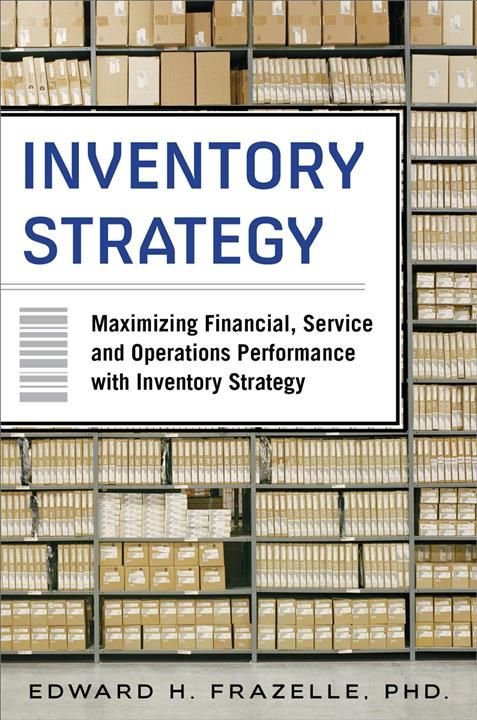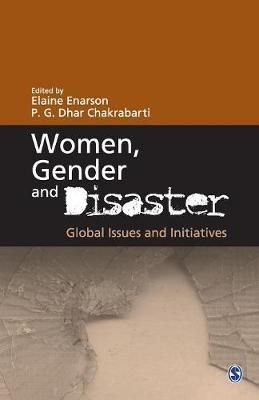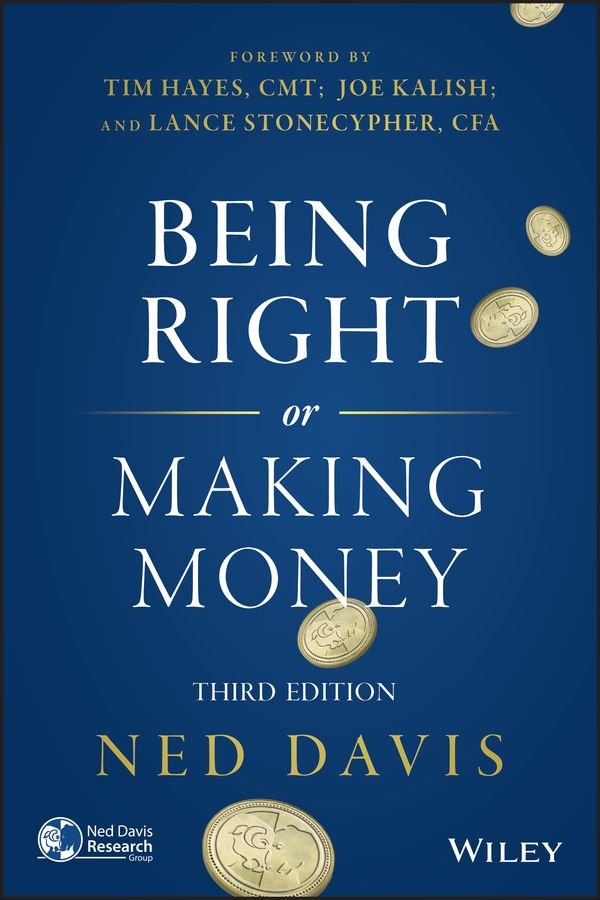This book explores the various considerations for achieving an effective regulatory strategy to improve financial access and usage in Nigeria and beyond. Gaps in the legal and institutional framework for digital financial services (DFS) as well as the barriers that contribute to financial exclusion are identified as are the policy changes needed to provide more extensive, accessible and sustainable financial inclusion value. In addition, the book covers divergent themes around the use of and insights for regulating industry financial services providers and challenger entities that herald industry disruption. The book adopts three research methods. The doctrinal research method is used to buttress the law and development analysis and the themes around regulation, adoption and usage of financial services. To elucidate the application of financial innovations, comparative case studies are drawn from selected jurisdictions including Kenya, South Africa, Ghana, The Philippines, Brazil, Mexico, Uganda, Pakistan, India, and Bangladesh. Lastly, using the empirical research method, the author reports the burden experienced by the residents of a community without banks in accessing finance. Included in this discussion are the barriers to finance as well as the coping strategies adopted by the community residents to access formal and informal finance.
